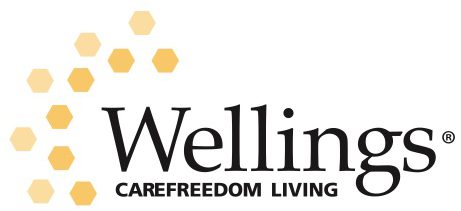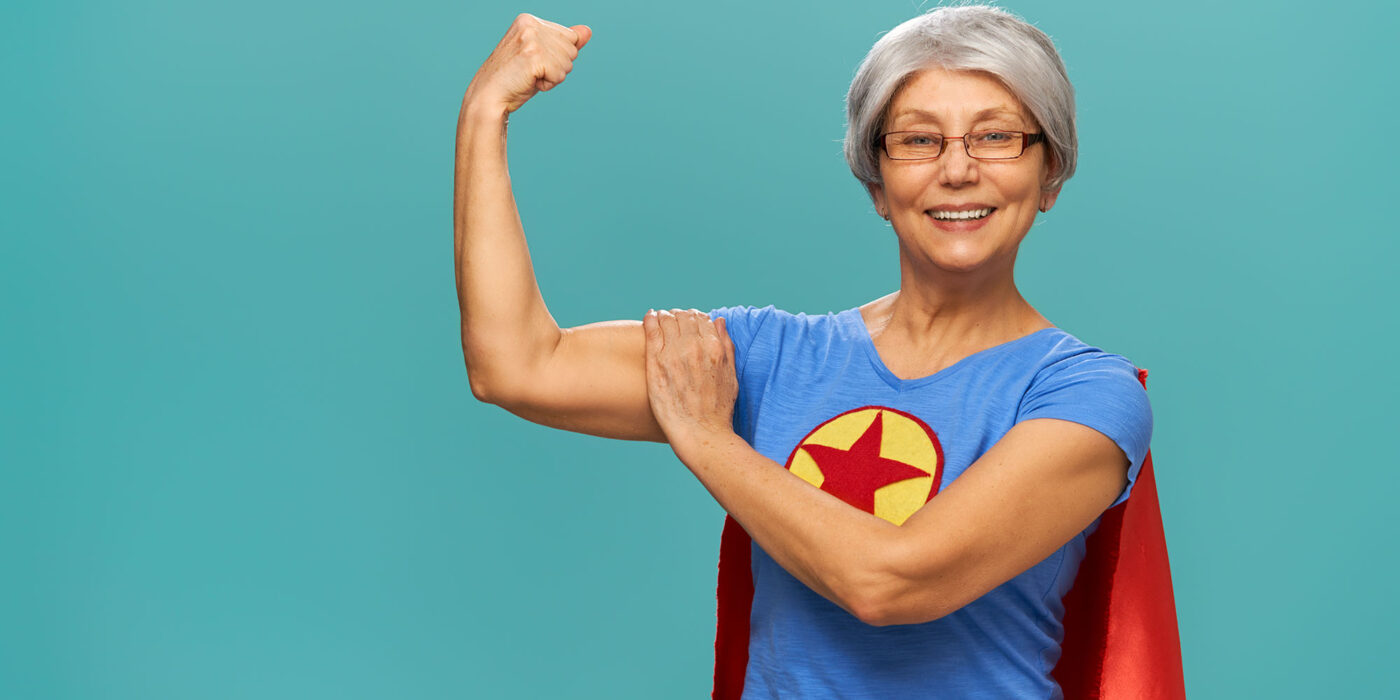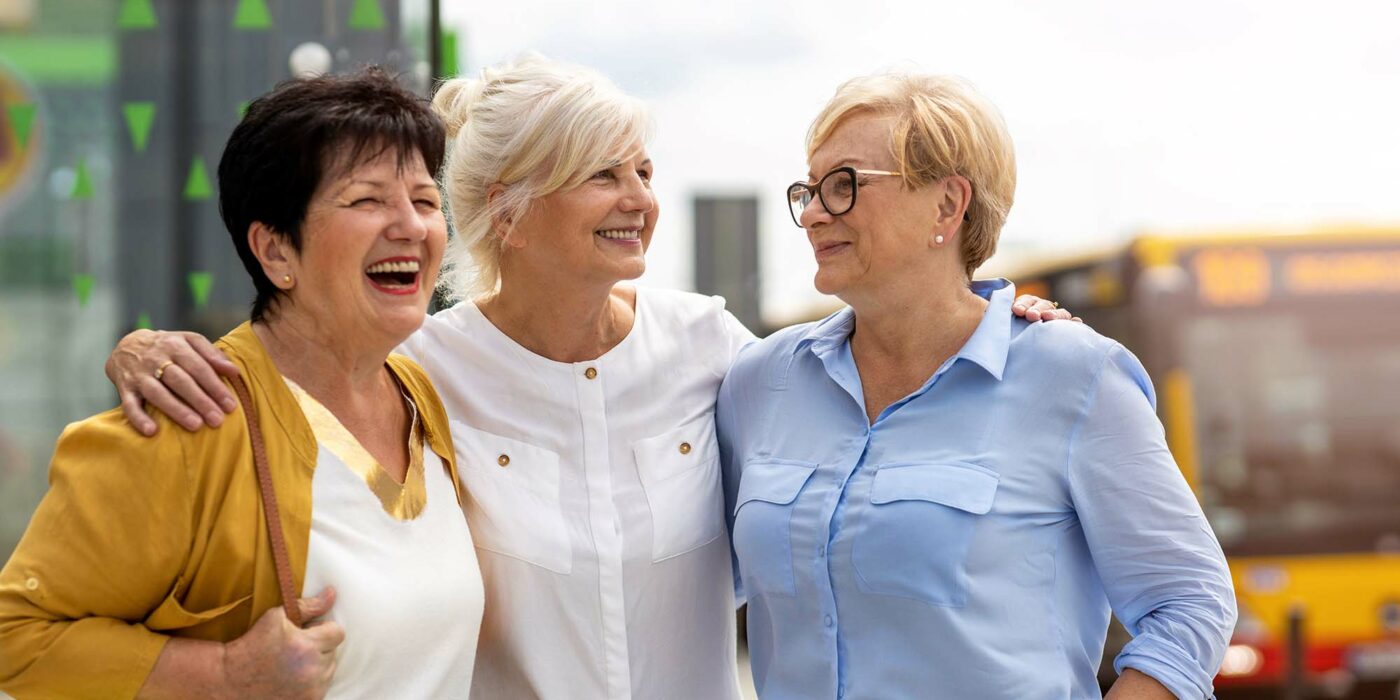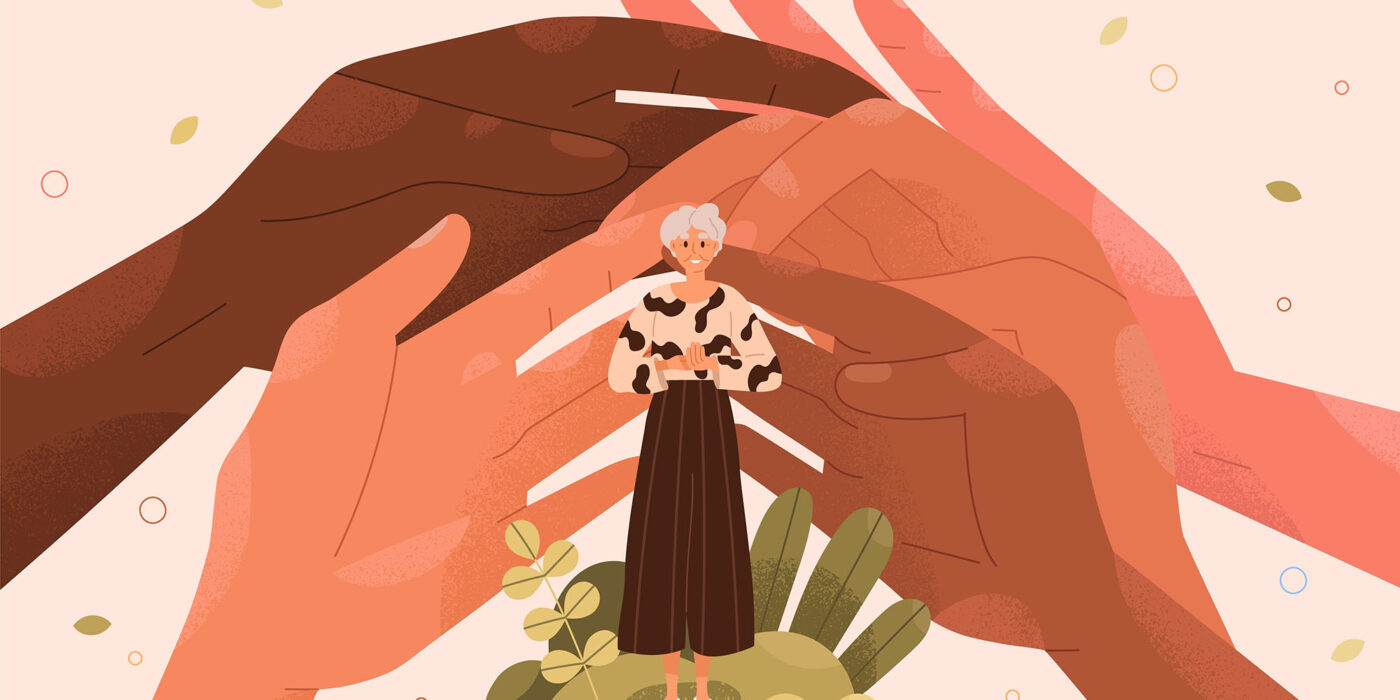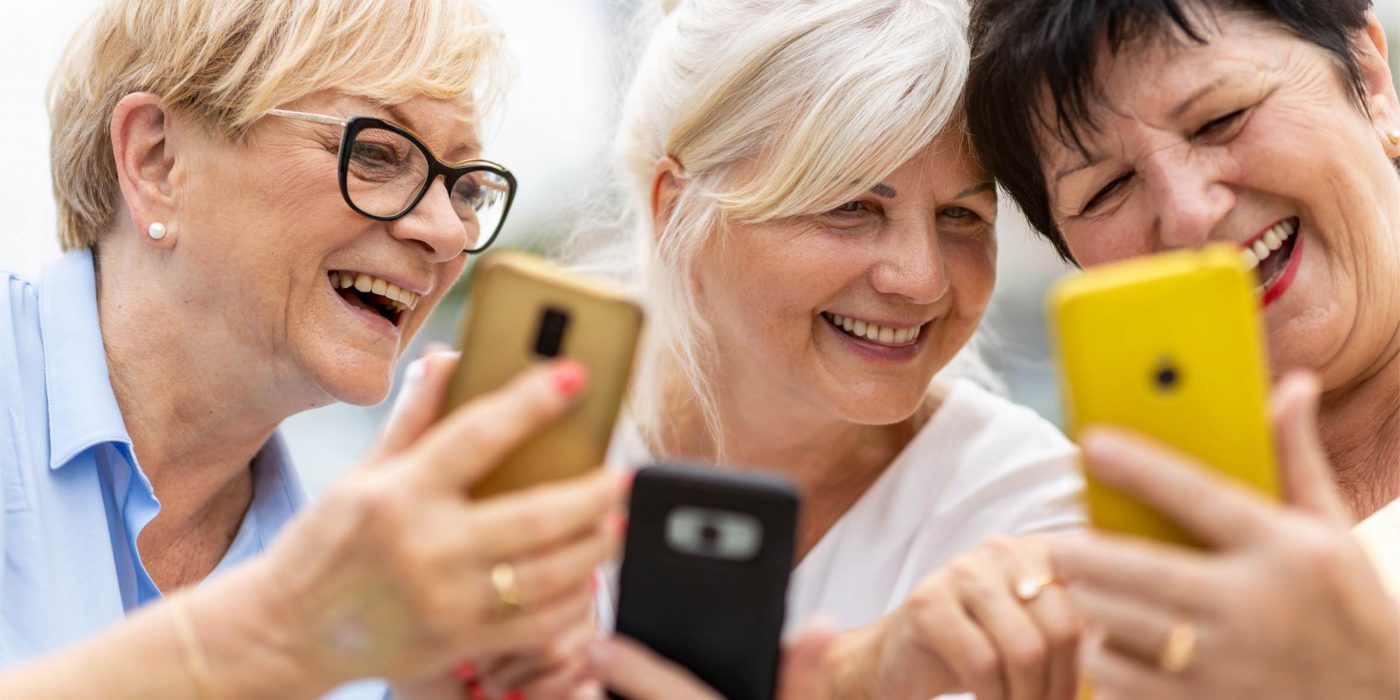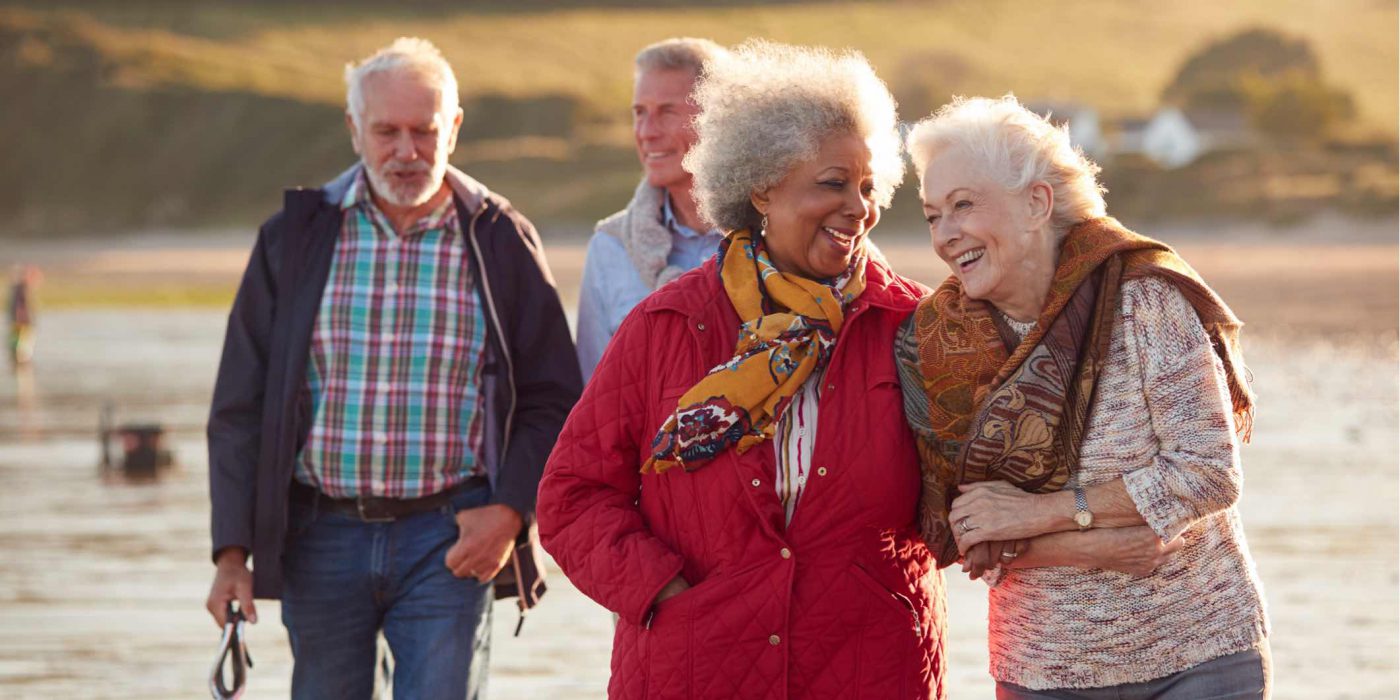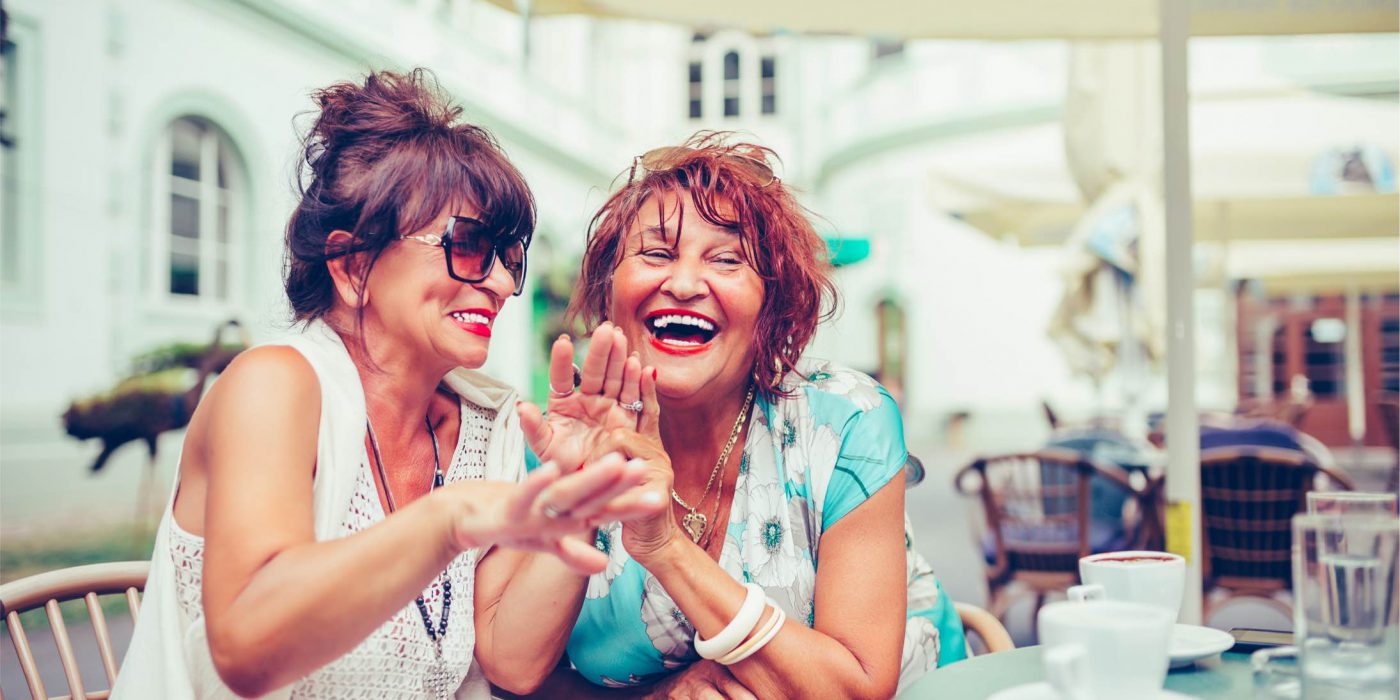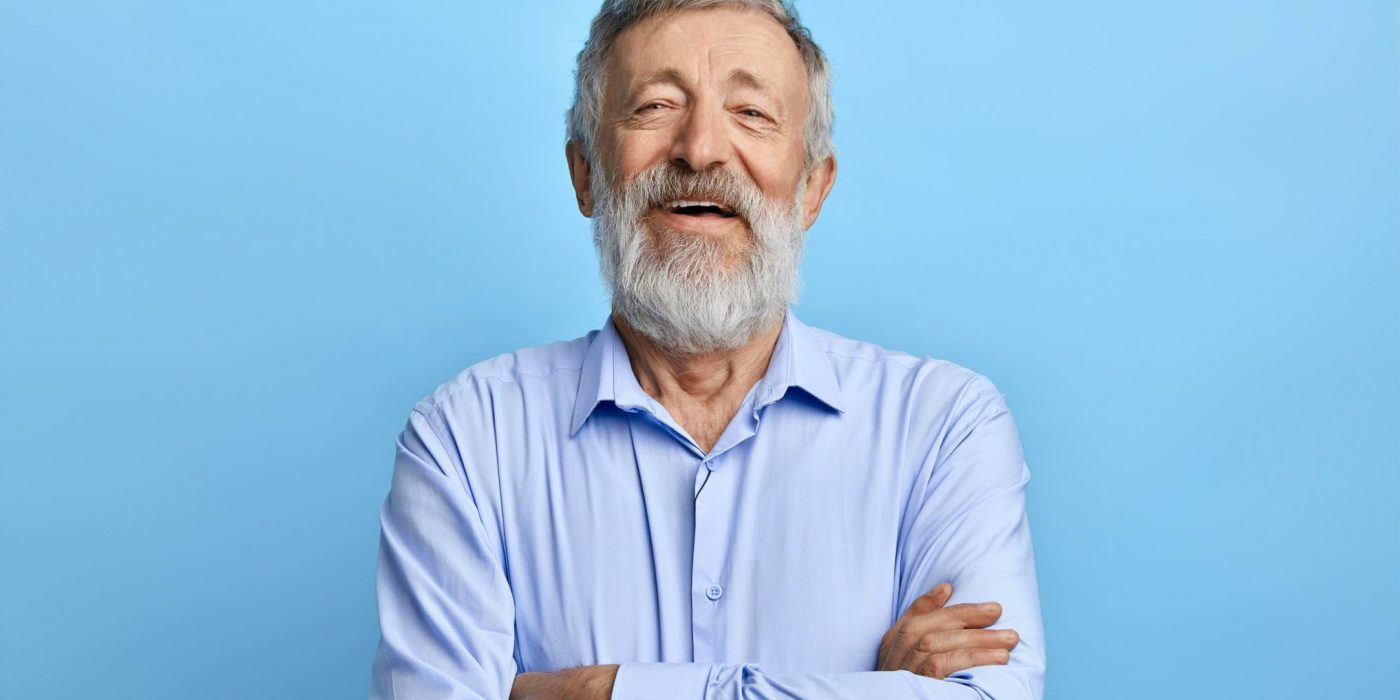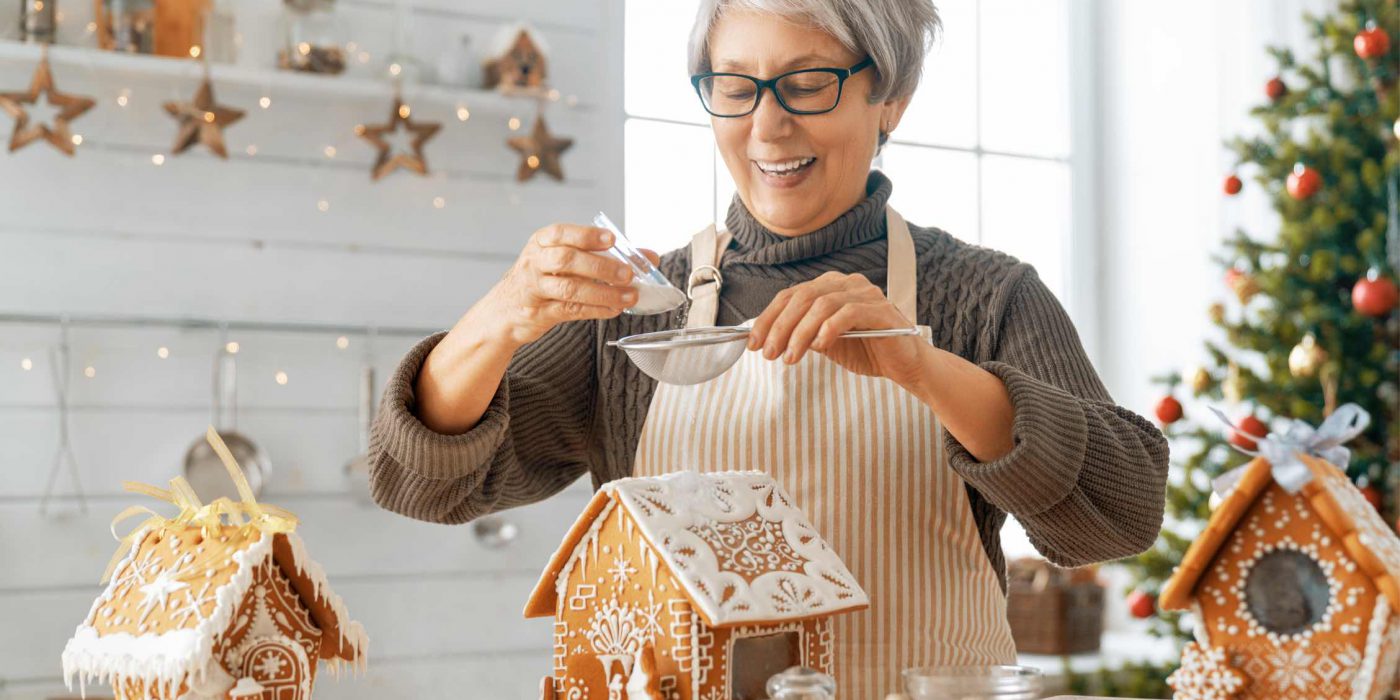Resilience Is Our Superpower
The widely accepted definition of resilience explains our ability as human beings to adapt well when times are tough. In my view, resilience is not only about our astonishing capacity to endure difficult experiences, but also about our ability to adjust and cope with situations in a way that empowers us to emerge stronger, to thrive in the aftermath and to integrate the lessons learned. We do all of this without thinking much about it; it’s more proof that we are far more powerful than we give ourselves credit for.
We see resilience in action every day at Wellings, as folks adapt to living in community. Over the past couple of weeks, Natalie and I were blessed to visit several Wellings locations and were struck by the many life stories members wanted to share. We hear resilience in many of them, like the gentleman who was living alone in a five-bedroom home, doing his best to maintain it before choosing to give up the space in his house for space in his life to enjoy. Not long after moving into Wellings, he broke his arm and has found great support from his new community to do simple everyday tasks.
Too often we think we can’t do something or we’re too frightened to take a risk to see whether it will work out. It’s interesting to observe the air of confidence our community members have after moving into Wellings. One woman shared with us that her blood pressure and anxiety were both high, while she did her best to take care of the family home alone, after her husband passed away. After three months of living at Wellings, her mood has completely changed: her blood pressure is down and she’s enjoying life.
“Aging is not lost youth but a new stage of opportunity and strength.”
-Betty Friedan
There’s the couple who had been experimenting with different ways to right size their lifestyle, after giving up their family home. They moved around in a motorhome, so that they could see the country and spend the winter away from the snow. Once they heard about Wellings, they decided to take the plunge and see if our style of community living was a fit for their active lifestyle. Now they’re leaders in the community, spreading positivity and forging great relationships.
There’s the farmer who lost his wife and wasn’t used to going to events on his own. About eight years ago, this music lover decided to go to a concert alone. He was standing in line waiting to go in when he met a lovely woman in line behind him. She had also lost her spouse and while neither of them had purchased a ticket in advance the music was magic that night and brought them together in marriage and eventually, they chose to make their home at Wellings. They were looking for a Carefreedom lifestyle and what they found was a welcoming community, where they can thrive.
One of the most amazing stories I’ve heard from our community members is from a woman who started by saying that she is the most blessed person. She went on to say that on her birthday at the beginning of the Pandemic she wasn’t feeling well. After loving nudges from her family, she asked her partner to take her to the hospital. She had a heart attack in the car and died. Fortunately, she was revived in just a few minutes by the hospital’s medical team. This happened twice more on the same day, for a few minutes each time. She lights up when she shares her story and now that she and her partner are living at Wellings, she’s sharing her joy of living in the moment with everyone she encounters. She sure shines bright.
We meet people who have moved from other cities to live at Wellings because they recognize the power of having positive social connections. Initially it’s scary not only because of a geographical move but a shift in lifestyle. Once settled into the community, they tell us it was the best move they could have made. New friendships are forged and there’s the all-important feeling of being part of something that feels familiar yet fresh and invigorating.
“Resilience: we all have a lot of it, but we don’t think about it because fear always dominates. Change is good but fear always dominates.”
– Kathie Donovan
Resilience is not something we’re simply born with, it’s an adaptive process that can be learned. If you want to nourish more resilience in your life, here are some ideas to inspire you.
-Recognize that life’s challenges and setbacks are temporary and are setups for the next chapter.
– Choose to be optimistic and look for the silver lining in every situation.
– Recognize that some things in life are out of your control and act on the things you can manage.
– Participate in new activities.
-Ask yourself what is most important right now and act on those items.
– Make stress management practices like exercise and breathing techniques part of your daily routine.
– Control your thoughts; don’t let them run wild with worry.
– Make it a habit to help other people.
– Accept help from other people.
One of the greatest gifts I’ve received from our members is a woman who approached me after one of our talks in the community. She said that she wasn’t expecting what she experienced and was happy to share with me that she learned something about herself. I asked her what it was, and she replied, “I learned that I’m important.” We are all important and we matter at any age or any stage of life. The beautiful thing about getting older is that we have plenty of experience and hopefully lots of wisdom to help us see that connection and community are important pillars.
I hope that you feel inspired by some of the stories I’ve shared here and recognize that the connections our members are making in their community bring joy to their lives, which has a ripple effect. Choosing to live at Wellings is truly a fresh start for many and after speaking with members of our communities, it’s clear that the future of aging looks bright. Thriving in community is one of the secrets to success in this next brilliant chapter of life.
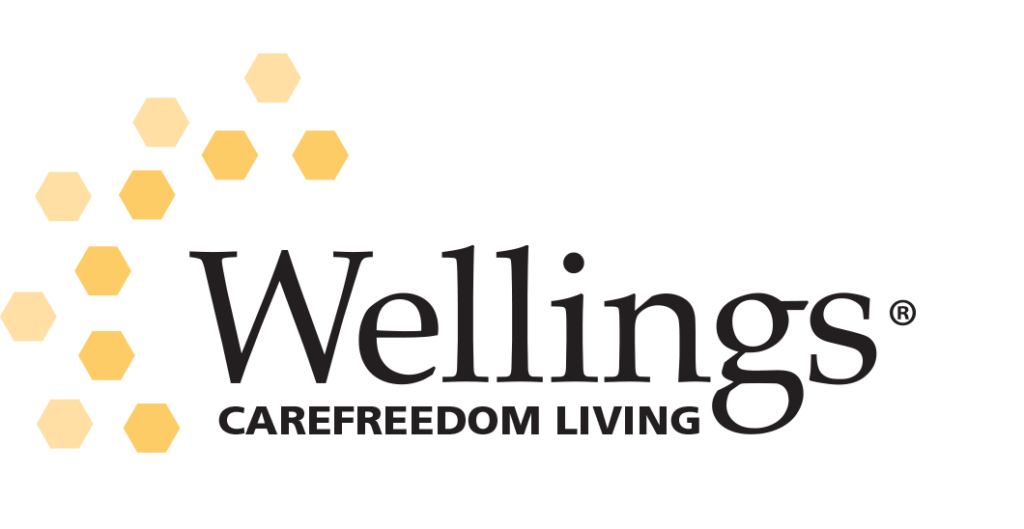
This Wellings blog by Kathie Donovan was exclusively written for Wellings Communities and appeared first on MyWellings.com.
